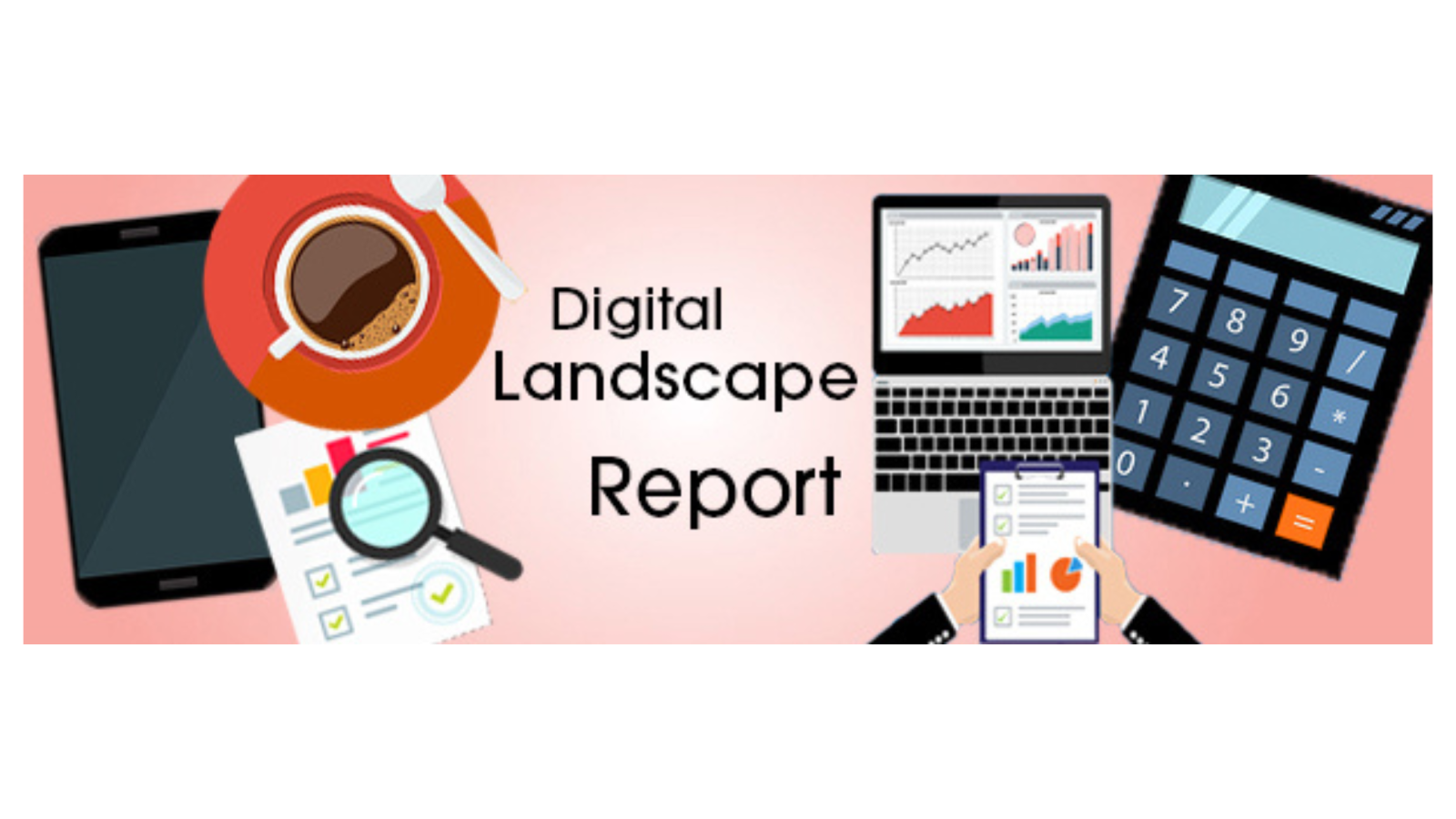
Adaptive strategies, transparency and insights
Published: 05 Jul 2023
June saw the release of the AOP/Deloitte Digital Publishers Revenue Index (DPRI) covering Q1 of this year. The headline figure was a tale of a relatively static market, just 0.1% year on year revenue growth, however under the lead number there were a few interesting figures (y-on-y, subscriptions +18.3%, Audio +283.3% (albeit from a low base) and off-platform growing +469.8% on a MAT basis) all of which hints at the changing shape of the market and strategies of the premium publishers.
Indeed, Richard Reeves, Managing Director at AOP, commented: “The growth of the multi-platform category shows that publishers are pursuing more complex and ambitious revenue streams and moving away from risky eggs-in-one-basket approaches. This talks to the fact publishers are having more big brand conversations and more direct dialogue with advertisers and agencies.”
Such diversification, and more importantly direct relationship between publishers and clients, comes at an interesting time. The latest report from Reuters Institute for the Study of Journalism has found that consumers trust in news has dropped 2 percentage points in the last year, but this might actually be good news for premium publishers as “much of the public is sceptical of the algorithms used to select what they see via search engines, social media, and other platforms…well over half (56%) say they worry about identifying the difference between what is real and fake on the internet when it comes to news” Attracting users direct to your content overcomes the trust and fake news debate.
Another worrying finding comes from the realms of the much-hyped AI world, NewsGuard, a journalism tool that rates the credibility of news and information websites and tracks online misinformation, warned that “A new generation of content farms is on the way” in a report that identified 49 different websites across seven languages that “appear to be entirely or mostly generated by artificial intelligence language models designed to mimic human communication”, and “often fail to disclose ownership or control”. These generative AI tools make it possible to mass-produce text and imagery almost at the click of a button.
Couple this with findings from the Association of National Advertisers’ (ANA) first programmatic media supply chain transparency study which found ‘Made for Advertising’ (MFA) websites represent 21% of impressions and comprise 15% of spend and you have a growing trust issue, but again an opportunity for premium publishers for direct and transparent dealing with clients.
Returning to the DPRI report findings and the dramatic increase in revenue for publishers in audio, and to the Reuters Institute report, podcasts. The Reuters report found this format “continues to resonate with educated and younger audiences, but remains a minority activity overall. Around a third (34%) access a podcast monthly, based on a group of 20 countries, but only 12% access a show on news and current affairs.” But this market is already changing, not content with the audio element many podcasts are now adding video, switching on the camera whilst recording the podcasts and this moves consumers from the more obvious sources of listening, e.g., Spotify, to more AV based platforms, e.g., YouTube. Again, returning to the opening comments from Richard Reeves and the comments on multi-platform publisher strategies and growth.
Finally, as June was Pride month, there was an interesting development from Ipsos iris, as endorsed by UKOM, with the release of new profiling targets within iris enabling advertisers, publishers and brands to better understand internet usage among people by their sexual orientation. This addition can help brands and advertisers understand the impact of their inclusion policies, or otherwise, and assist publishers with their content to drive inclusiveness.
This is an extract from the Digital Landscape Report [DLR] that was emailed out on July 3rd, 2023. The DLR collates the news, research, and insight re-shaping the landscape of digital publishing to give you the information download you need to make the best decisions for your business.
SIGN UP TO RECIEVE THE MONTHLY DIGITAL LANDSCAPE REPORT
If you want to make sure you get this detailed expertise delivered to your inbox each month, please email Jenna.Nord@ukaop.org to discuss membership options.
Categories:
Research